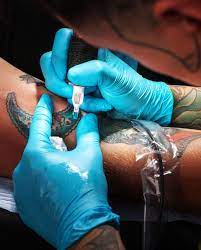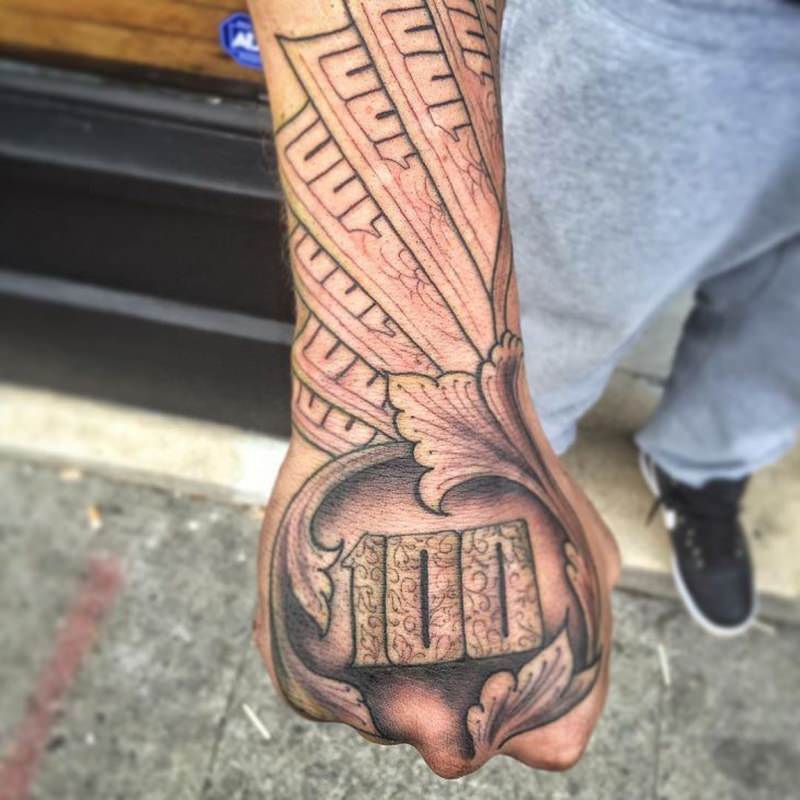
Tattoo-induced wounds can become infected if sterilized tools are not used, or proper aftercare instructions are not followed. Mild skin irritation is typical, but untreated infections can worsen and lead to serious health issues.
Signs of Infection
Signs of an infected tattoo include pain, swelling, redness, warmth, pus, scabbing, weeping ink, and prolonged inflammation exceeding 72 hours. Other indicators may include fever, chills, and fatigue.
Topical Antibiotics
Occasional itching, redness, and swelling are normal after receiving a tattoo. However, if significant pain, warmth, or redness occurs after applying ink, immediate medical help should be sought. Topical antibiotics help kill bacteria on the skin and prevent further infection.
Treatment with Neosporin
Neosporin, an antibiotic ointment, is commonly recommended for minor wounds but unsuitable for tattooed areas due to lack of moisture and breathability.
Care Instructions
Tattoo artists should provide instructions on proper care during and after healing to ensure optimal healing and prevent infections.
Intravenous Antibiotics
Tattooing can cause mild local infections, but if left untreated, it can pose severe health risks. Dermatologists can determine disease severityease through laboratory testing and provide appropriate treatments.
Spread of Infections
tattoos can introduce foreign substances into the skin, leading to infection and reactions. Mild conditions can be treated with cleaning and topical antibiotic ointments, while severe infections may require oral or intravenous antibiotics.
Caution with Neosporin
Although effective for minor wounds, Neosporin should not be used on fresh tattoos as it hinders proper healing.

